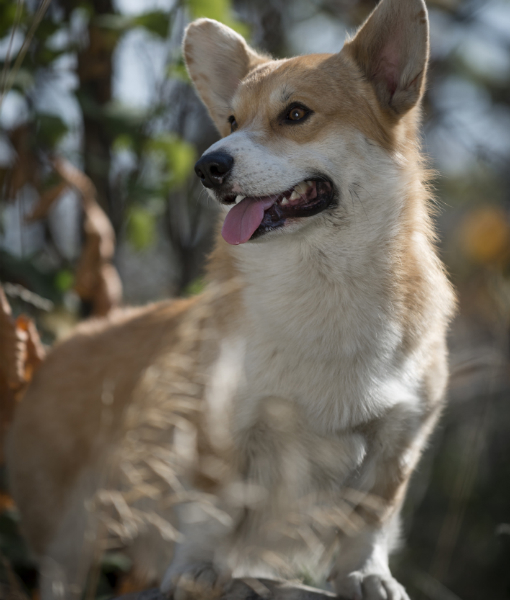
We want to know everything about dogs. Everything! But there are countless breeds of dog out there, and each one is a unique animal with its own history. That's why every week, we shine a spotlight on a different breed. This week, learn some fun facts about Corgis.
Image via Thinkstock
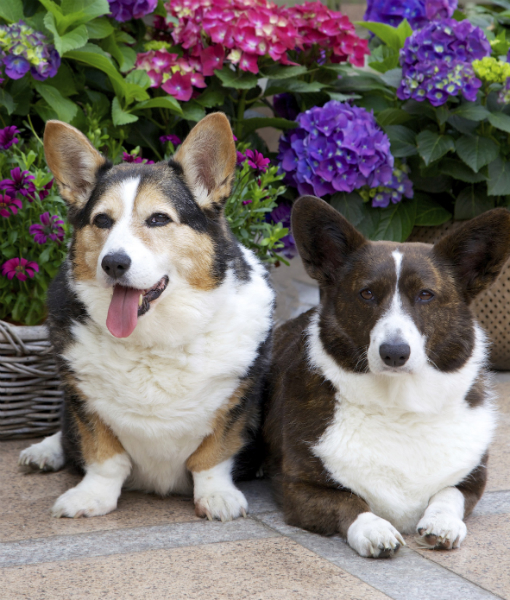
THERE ARE TWO BREEDS OF CORGI
The Corgi is more properly called the Welsh Corgi, and there are two different breeds: the Pembroke Welsh Corgi and the Cardigan Welsh Corgi. Pembrokes have straighter, lighter legs, and pointier ears than Cardigans. Cardigans are slightly larger and heavier than Pembrokes. Pembroke Welsh Corgis are the more common of the two Corgi breeds. (Source)
Pictured: Pembroke Welsh Corgi (left) and Cardigan Welsh Corgi (right).
Image via Thinkstock
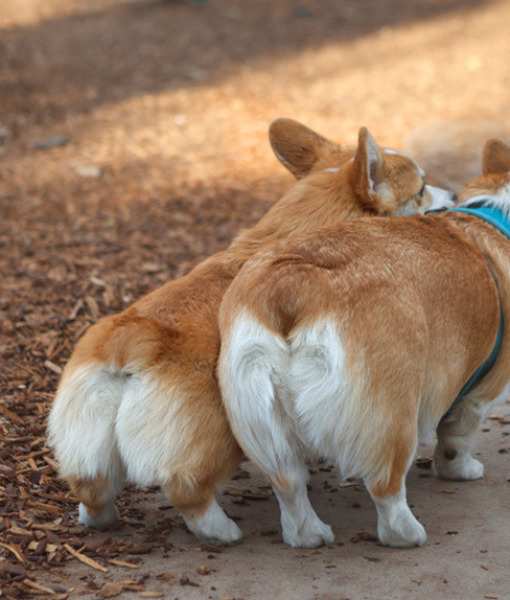
PEMBROKE CORGIS ARE OFTEN TAILLESS
One of the most notable differences between Pembroke Corgis and Cardigan Corgis is that the latter have long tails. Pembroke Corgis have very short tails or no tails at all, and are often born this way (though sometimes their tails are docked to comply with breed standards). (Source)
MORE: 10 Cool Facts About Chinese Cresteds
Image via Imgur/GeordiLaCorgi
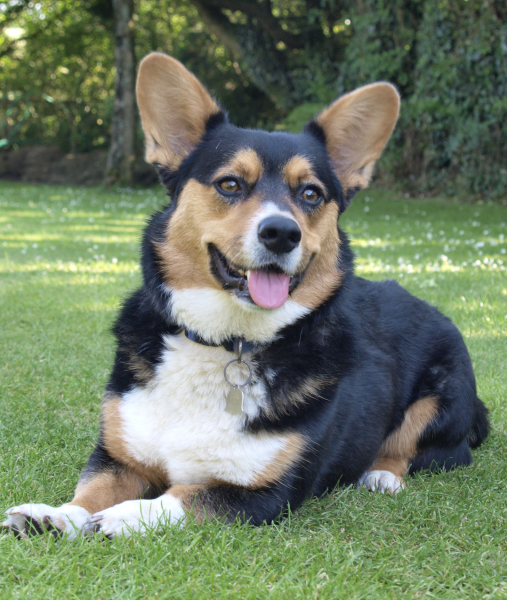
THE CORGI BREED IS VERY OLD
The modern Corgi's origins can be traced back almost 1,000 years to Wales. Even further back, evidence suggests that Corgis are descended from spitz breeds brought by Vikings to what is now the United Kingdom, and may be related to the Swedish Vallhund and Norwegian Lundehund. (Source)
Image via Getty Editorial
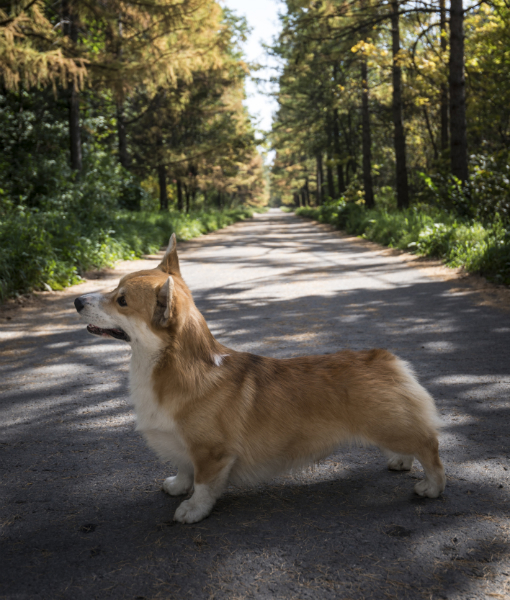
THE FLEMISH INTRODUCED CORGIS TO WALES
The development of the Corgi breed as we know it today can be pinpointed to Wales in 1107 A.D., when Flemish weavers emigrated to the country, bringing dogs that were destined to be the direct ancestors of the modern Corgi. (Source)
Image via Thinkstock
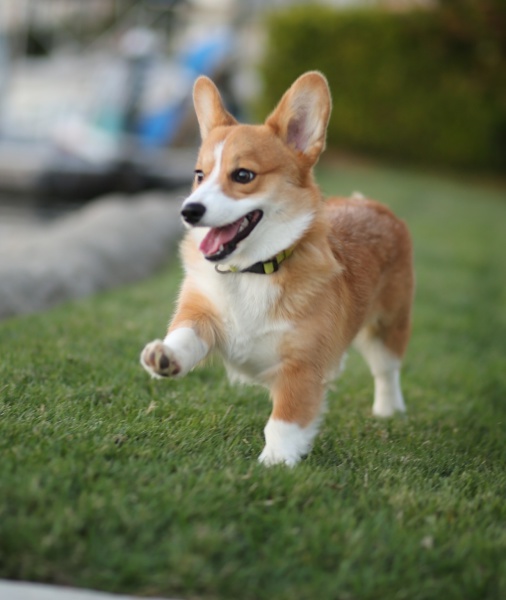
CORGI IS WELSH FOR "DWARF DOG"
The Welshmen who developed the breed came to call it "dwarf dog" due to its long, thick body set on short, stubby legs. The name "Corgi" comes from combining the Welsh "cor" ("dwarf") and "ci" ("dog"). (Source)
MORE: 10 Cool Facts About Border Collies
Image via Getty Editorial
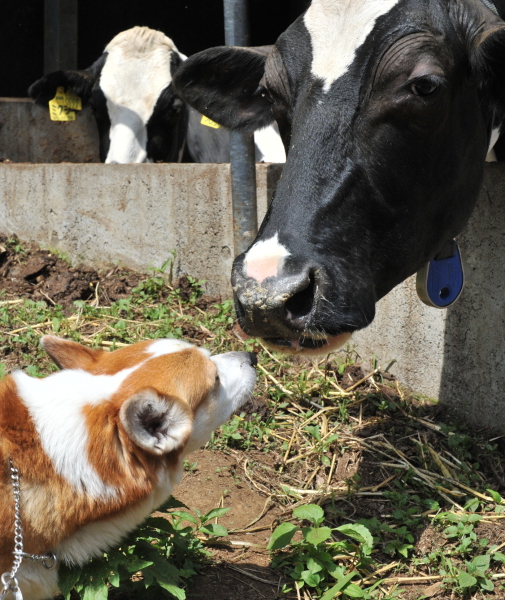
CORGIS ARE EXCELLENT HERDING DOGS
Corgis were developed for the job of herding livestock, and they are excellent at it. Even today, Corgis are sometimes still used on farms for herding purposes. Corgi owners may even see their pets attempt to herd their human owners by nipping at their heels, although dogs who do this at home should be trained not to. (Source)
Image via Flickr
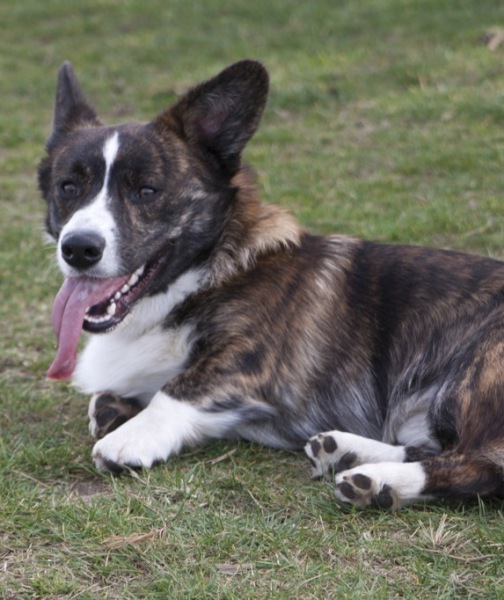
THE CORGI IS THE "11TH-SMARTEST" DOG BREED
In the popular 1994 book, "The Intelligence of Dogs," psychology professor Stanley Coren ranked the different breeds by intelligence. The Pembroke Welsh Corgi just missed making it into the top 10. Corgis can learn a new command in 5 to 15 repetitions, and they obey a first command 85 percent of the time or better. (Source)
Image via Flickr
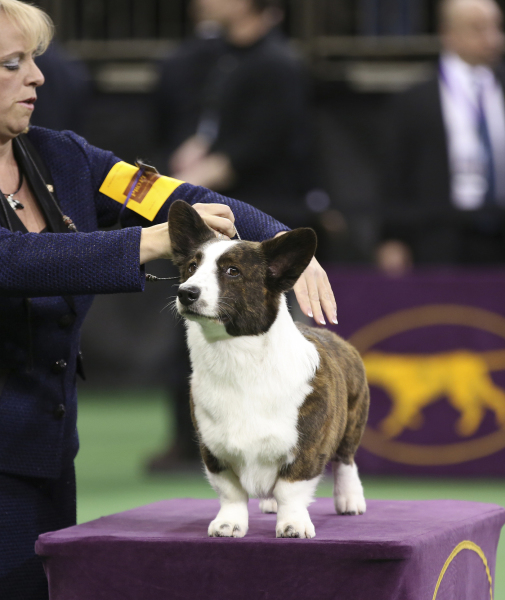
THE CORGI IS THE SMALLEST DOG IN ITS SHOW GROUP
Corgis belong to the herding dog group and are the smallest breed in the category. They typically stand only about a foot tall at the shoulder. The American Kennel Club notes the Corgi's remarkable ability, despite its short stature, to "drive a herd of cows many times its size to pasture by leaping and nipping at their heels." (Source)
MORE: 10 Cool Facts About Greyhounds
Image via Getty Editorial
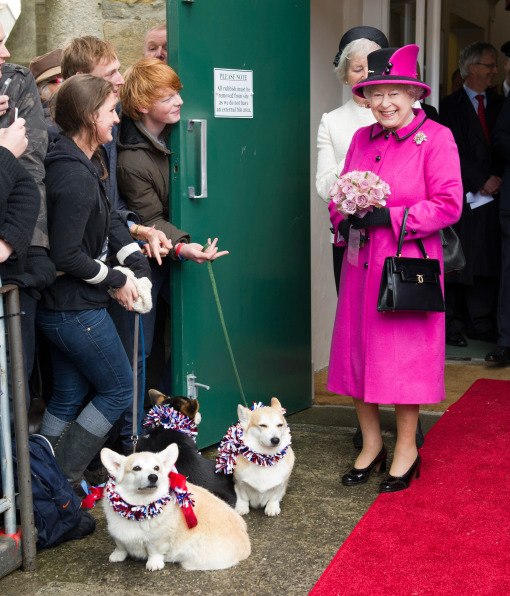
QUEEN ELIZABETH II LOVES CORGIS
The Queen of England is a lifelong fan of Corgis and has owned dozens of the dogs during her more than 60 years on the throne. The Queen's first Corgis were named Dookie and Jane. Dookie and Jane were young Elizabeth's pets when she was only 10 years old. (Source)
Image via Getty Editorial
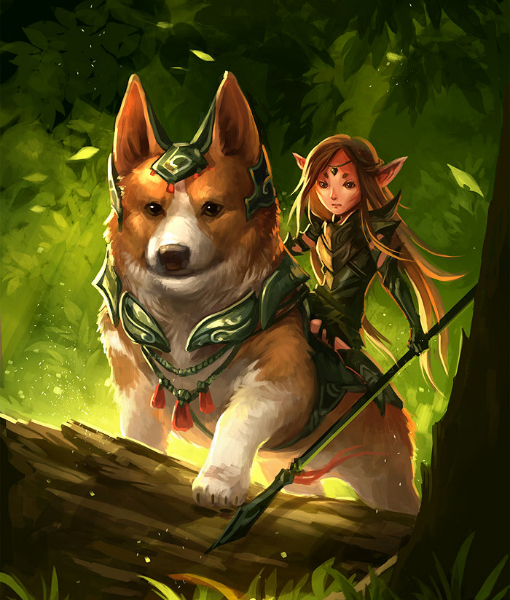
CORGIS ARE THE PREFERRED METHOD OF TRANSPORTATION FOR FAIRIES
If Corgis seem like magical dogs to you, you may not be surprised to learn that in Welsh folklore, they actually are magical. Legend has it that Corgis served as mounts for fairy warriors patrolling the forests of Wales. The pattern of a Corgi's coat is supposed to show the outline of the saddles and harnesses the fairies used to ride their Corgi steeds. (Source)
Illustration ©Sandara Tang. Used with permission.
Image via Sandara Tang



